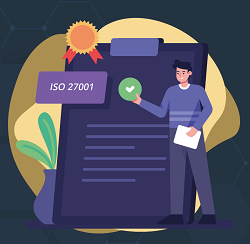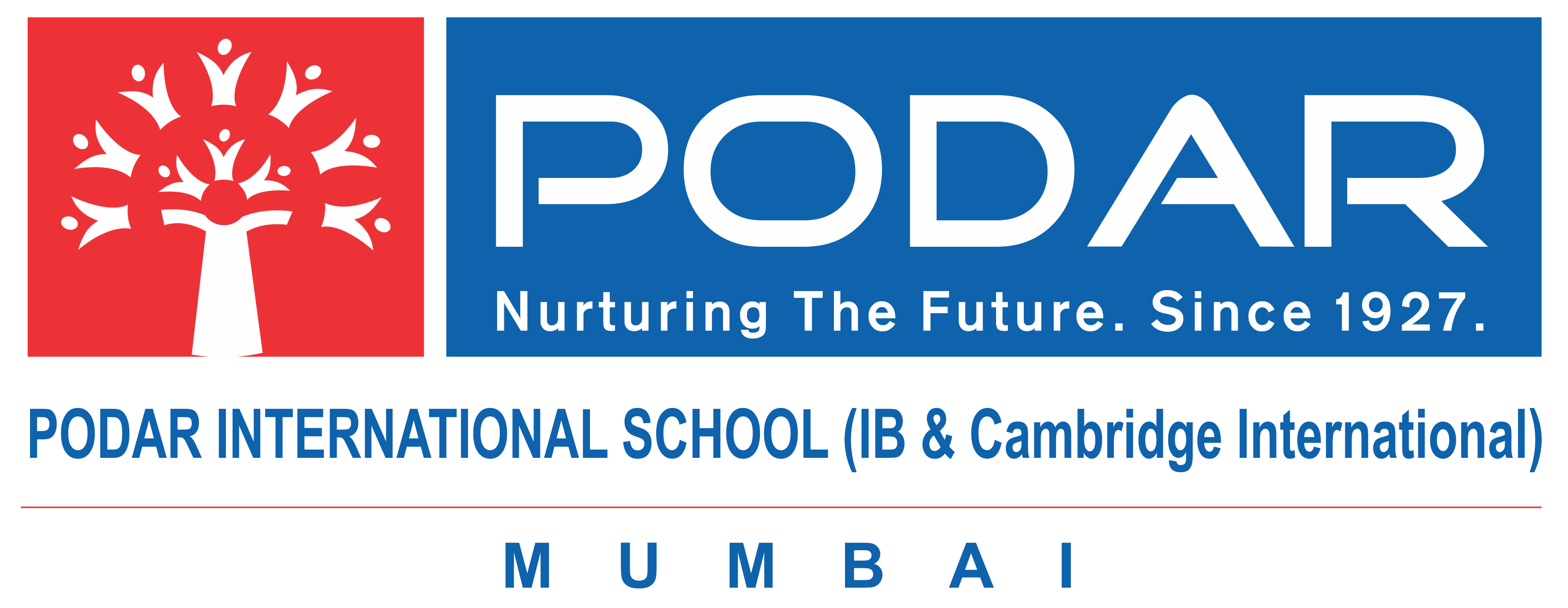Overview
 ISO 27001 establishes a framework for an Information Security Management System (ISMS)
that enables organizations to manage and protect their information assets. The standard
provides a systematic approach for managing sensitive, confidential and other information
that shall not be available in the public domain, ensuring its confidentiality, integrity, and
availability. The ISO 27001 Information Security Management System Certification is
essential for any type of organization that has any confidential information to
comply with its all legal requirements and established information security policy and
requirements. An accredited ISO 27001 certification from COAE ensures that your
organization is complying with the requirements of this international standard.
ISO 27001 establishes a framework for an Information Security Management System (ISMS)
that enables organizations to manage and protect their information assets. The standard
provides a systematic approach for managing sensitive, confidential and other information
that shall not be available in the public domain, ensuring its confidentiality, integrity, and
availability. The ISO 27001 Information Security Management System Certification is
essential for any type of organization that has any confidential information to
comply with its all legal requirements and established information security policy and
requirements. An accredited ISO 27001 certification from COAE ensures that your
organization is complying with the requirements of this international standard.
Benefits of an ISO 27001 certification
 Enhanced Information Security: ISO 27001 helps organizations establish a robust
information security management system, ensuring the confidentiality, integrity, and
availability of information assets. It provides a systematic approach to identifying and
mitigating security risks, thereby reducing the likelihood of information breaches or
unauthorized access.
Enhanced Information Security: ISO 27001 helps organizations establish a robust
information security management system, ensuring the confidentiality, integrity, and
availability of information assets. It provides a systematic approach to identifying and
mitigating security risks, thereby reducing the likelihood of information breaches or
unauthorized access. Legal and Regulatory Compliance: ISO 27001 assists organizations in meeting
legal, regulatory, and contractual requirements related to information security.
Compliance with the standard demonstrates a commitment to safeguarding sensitive
data and can help organizations avoid legal and regulatory penalties.
Legal and Regulatory Compliance: ISO 27001 assists organizations in meeting
legal, regulatory, and contractual requirements related to information security.
Compliance with the standard demonstrates a commitment to safeguarding sensitive
data and can help organizations avoid legal and regulatory penalties. Risk Management: ISO 27001 emphasizes a risk-based approach to information
security. By conducting risk assessments and implementing appropriate controls,
organizations can effectively manage and mitigate security risks. This proactive risk
management approach helps in minimizing potential incidents and their impacts.
Risk Management: ISO 27001 emphasizes a risk-based approach to information
security. By conducting risk assessments and implementing appropriate controls,
organizations can effectively manage and mitigate security risks. This proactive risk
management approach helps in minimizing potential incidents and their impacts. Customer Confidence and Trust: Implementing ISO 27001 demonstrates an
organization's commitment to protecting customer information. It can enhance
customer confidence and trust in the organization's ability to handle sensitive data
securely. ISO 27001 certification can also be a differentiating factor when competing
for contracts or partnerships.
Customer Confidence and Trust: Implementing ISO 27001 demonstrates an
organization's commitment to protecting customer information. It can enhance
customer confidence and trust in the organization's ability to handle sensitive data
securely. ISO 27001 certification can also be a differentiating factor when competing
for contracts or partnerships. Business Continuity: ISO 27001 incorporates a business continuity management
approach, ensuring that organizations can respond effectively to information security
incidents. This helps in minimizing the impact of disruptions and enables faster
recovery, thus maintaining business continuity.
Business Continuity: ISO 27001 incorporates a business continuity management
approach, ensuring that organizations can respond effectively to information security
incidents. This helps in minimizing the impact of disruptions and enables faster
recovery, thus maintaining business continuity. Improved Internal Processes: ISO 27001 encourages a systematic approach to
information security management, leading to improved internal processes. It
promotes better documentation, communication, and accountability within the
organization, fostering a culture of security awareness among employees.
Improved Internal Processes: ISO 27001 encourages a systematic approach to
information security management, leading to improved internal processes. It
promotes better documentation, communication, and accountability within the
organization, fostering a culture of security awareness among employees. Competitive Advantage: An accredited ISO 27001 certification from COAE
provides a competitive edge in the marketplace. It demonstrates an organization's
commitment to information security best practices and can be a requirement in
certain industries or when dealing with sensitive information.
Competitive Advantage: An accredited ISO 27001 certification from COAE
provides a competitive edge in the marketplace. It demonstrates an organization's
commitment to information security best practices and can be a requirement in
certain industries or when dealing with sensitive information.
Stakeholders/Beneficiaries
The three principles of ISO 27001
-
Confidentiality: Only authorized persons have the right to access information.

-
Integrity: Only authorized persons can change the information.

-
Availability: The information must be accessible to authorized persons whenever it is needed.

-
Requirements
Organization needs to define the ISMS policy, objectives, determine the context of the organization, expectations of interested parties, Information security management system scope and its processes that includes:
 Leadership responsibilities-Top management must demonstrate leadership and
commitment, establish and communicate a quality policy, and ensure responsibilities
and authorities are assigned, communicated and understood
Leadership responsibilities-Top management must demonstrate leadership and
commitment, establish and communicate a quality policy, and ensure responsibilities
and authorities are assigned, communicated and understood.png) Planning -Organizational Quality Management System planning to
address organizational risks, opportunities, changes and quality objective
Planning -Organizational Quality Management System planning to
address organizational risks, opportunities, changes and quality objective.png) Support –Providing resources, ensuring employees are competent
and aware, and include documented information to support the quality management system
Support –Providing resources, ensuring employees are competent
and aware, and include documented information to support the quality management system.png) Information categorization
Information categorization .png) Risk Identification
Risk Identification .png) Risk Evaluation
Risk Evaluation .png) Risk Mitigation Controls
Risk Mitigation Controls  Residual Risks
Residual Risks .png) Documentation
Documentation  Performance Evaluation
Performance Evaluation  Improvement
Improvement












